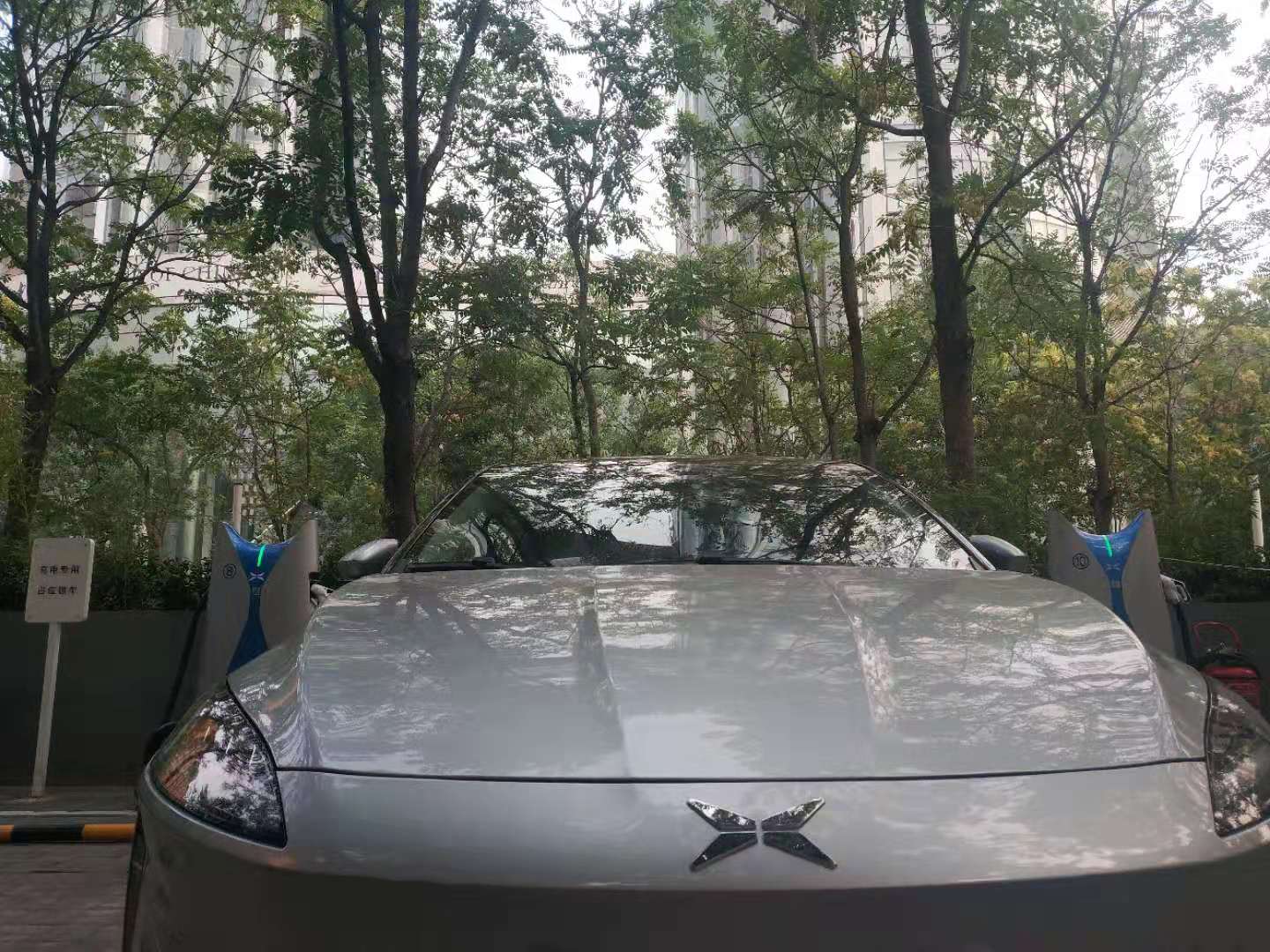Electric vehicle startup Xpeng Motors raised USD 1.8 billion in its dual primary listing on the Hong Kong Stock Exchange on Wednesday. The company is now sitting on around USD 6.4 billion in cash reserves, while competition in China’s EV sector intensifies.
Xpeng Motor’s domestic EV rivals like Nio and Li Auto are plotting secondary listings in Hong Kong, as automakers look to capitalize on Tesla’s recent struggles in the world’s largest car market.
Meanwhile, Chinese tech giants are getting in on the EV craze, although they are starting from scratch. The preliminary cost for a company to get up and running to develop and produce its EVs is around RMB 20 billion (USD 3.1 billion), while globalizing an auto brand, pushing through the make fresh innovations, and reorganizing a company may cost RMB 30 billion (USD 4.6 billion) depending on the individual company, founder and CEO He Xiaopeng said. Xiaomi is committing USD 10 billion to its EV project over ten years, while Baidu allocated RMB 50 billion (USD 7.7 billion) for the next five years to realize its EV ambitions.
As early as 2017, Xpeng Motors chose to invest heavily in research and development, developing full-stack assisted driving functions, along with smart cockpit capabilities complete with voice control and self-parking. But more recently, competitors like Nio and Li Auto are also bolstering their in-house R&D, releasing more intelligent driving functions. The overall progress of intelligent driving technology bodes well for the entire industry, as it gives consumers a chance to accommodate new developments. “Right now, everyone in the EV sector is preparing for intense competition by refining their organizational structures and enhancing R&D capabilities,” He said.
Xpeng Motors believes that its technical foundation is stronger and will widen the gap between itself and rivals in terms of autopilot technology. “Autopilot functions are powered by deep learning frameworks. In these systems, the larger the scale, the greater the depth. In this case, the difference between our capabilities and our peers’ technology will become more obvious over time,” He explained.
The Guangzhou-based EV-maker delivered more than 27,000 vehicles in 2020, an increase of 112% year-on-year, and has not ruled out tapping into additional capital markets on the Chinese mainland. “We will pay close attention to the A-share market in future, and if there is an opportunity where the timing is right, we must consider an A-share listing,” Xpeng Motor’s president Brian Gu said.
Read this: SiEngine CEO discusses the future of semiconductors in intelligent vehicles
KrASIA Connection features translated and adapted content published by 36Kr. Thisarticlewas originally written by Li Qin for 36Kr.
